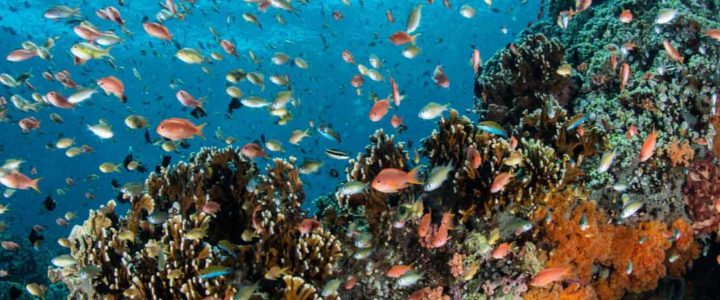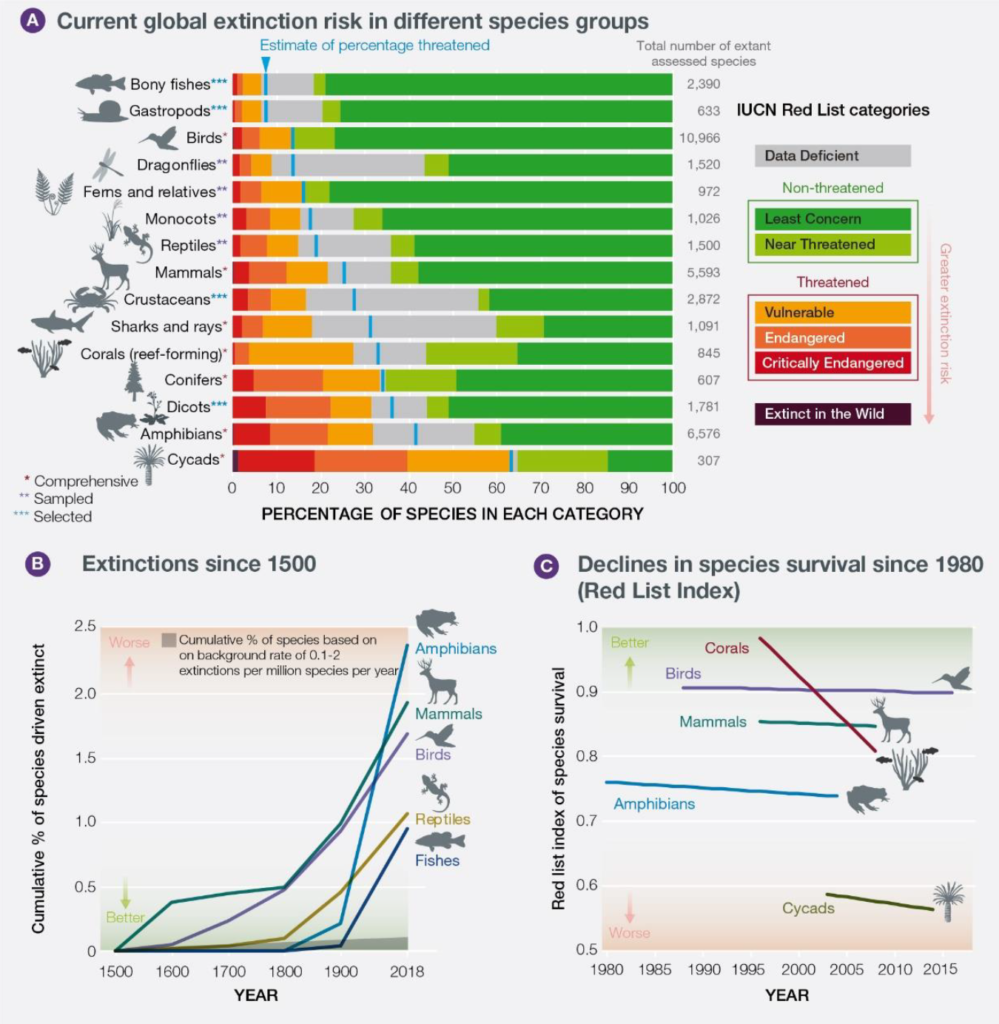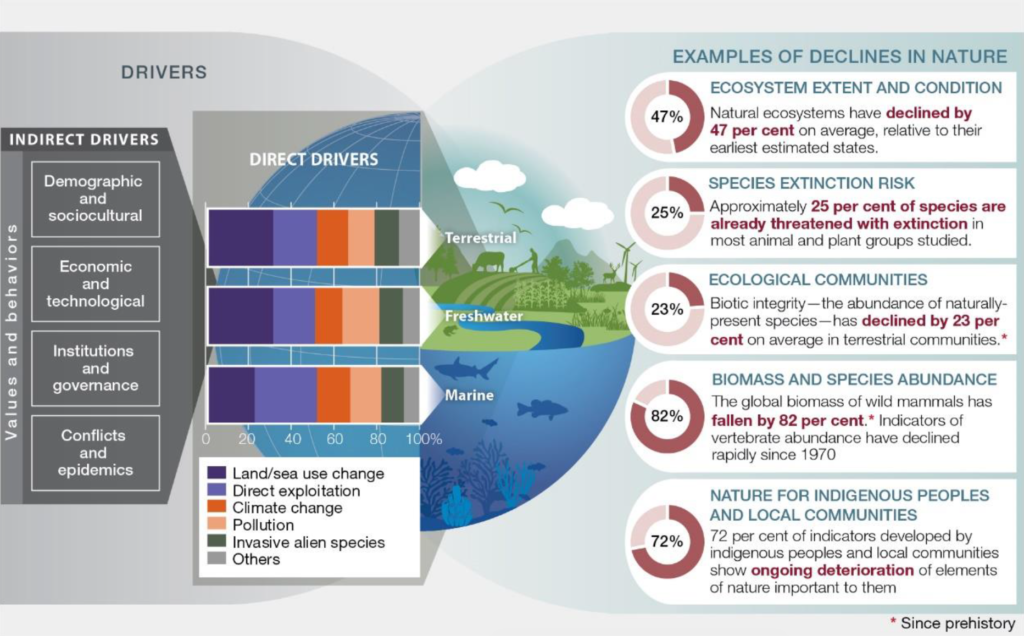
On Monday, a summary of the report from the Intergovernmental Science-Policy Platform on Biodiversity and Ecosystem Services (IPBES, an intergovernmental body which assesses the state of biodiversity and of the ecosystem services it provides to society, in response to requests from decision makers), was released. The report entitled “Summary for policymakers of the global assessment report on biodiversity and ecosystem services of the Intergovernmental Science-Policy Platform on Biodiversity and Ecosystem Services” gives a detailed summary of the austere outlook for the wildlife of our planet, which precedes a vast loss of biodiversity.
The summary begins by establishing the importance of nature and its vital contributions to people, which together embody biodiversity and ecosystem functions and services, before quickly acknowledging they are deteriorating worldwide.
In great detail it describes the current threat to around 25 per cent of Earths species. From the report: “More than 40 per cent of amphibian species, almost a third of reef-forming corals, sharks and shark relatives and over a third of marine mammals are currently threatened. The proportion of insect species threatened with extinction is a key uncertainty, but available evidence supports a tentative estimate of 10 per cent (established but incomplete). Those proportions suggest that, of an estimated 8 million animal and plant species (75% of which are insects), around 1 million are threatened with extinction”

Expert authors from 50 countries compiled the report to form the basis for policy making under the UN convention on Biodiversity. The report notes that direct and indirect drivers of change have accelerated during the past 50 years.
Land Use is one of the significant factors. Since 1970, agricultural crop production has increased threefold, raw timber harvest increased by 45%, but soil organic carbon and pollinator diversity has declined. Land degradation has reduced productivity by 23 percent.

Acknowledging that the goals for conserving and sustainably using nature and achieving sustainability cannot be met by current trajectories, but also the goals for 2030 and beyond may only be achieved through transformative changes across economic, social, political and technological factors.
But there is hope if we act now. Nature can be conserved, restored and used sustainably while simultaneously meeting other global societal goals through urgent and concerted efforts fostering transformative change.
Once our world leaders receive the full version of this report, does anyone believe they will act with the required urgency? Historical trends suggest not. But we beg them to take note of the severity of not acting with earnestness. Species decline is not just grossly unfair to nature, but will present the harshest challenge that mankind will ever face. Transitioning to a sustainable lifestyle with utmost haste is our only solution.
IPBES is placed under the auspices of four United Nations entities: UNEP, UNESCO, FAO and UNDP. Focus on those core areas: Environmental Protection; Educational, Scientific & Cultural; Food & Agriculture; and Development. This type of backing should implore people to listen. Otherwise, we are heading into a Biodiversity Crisis.


